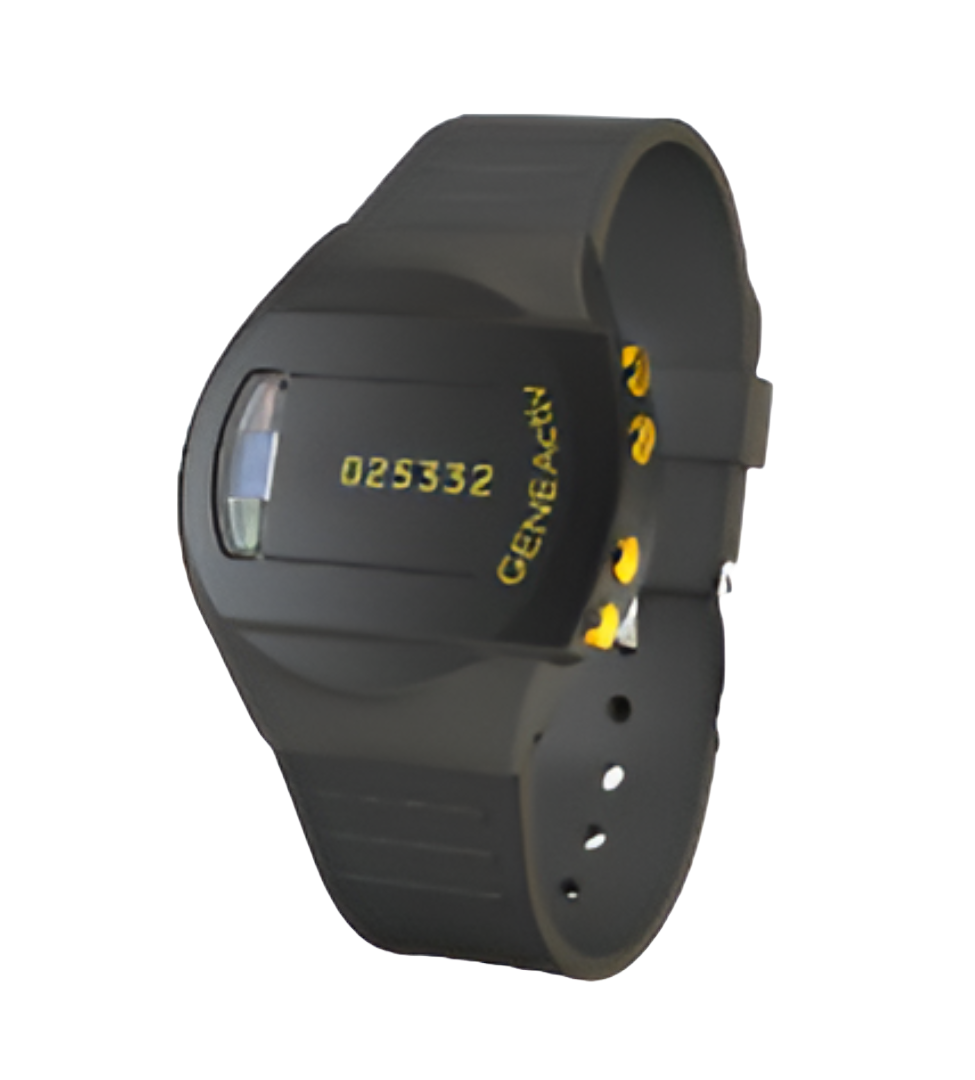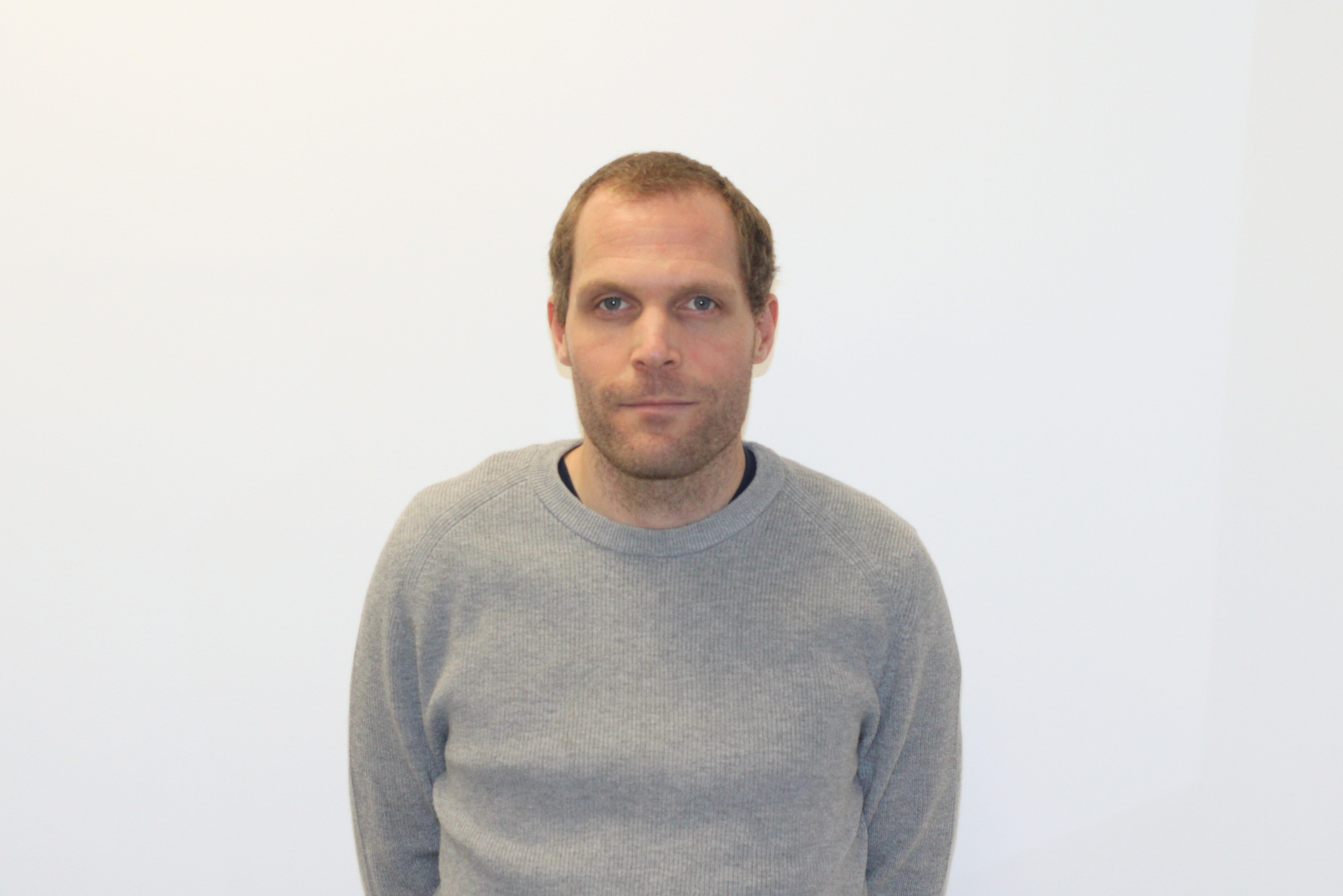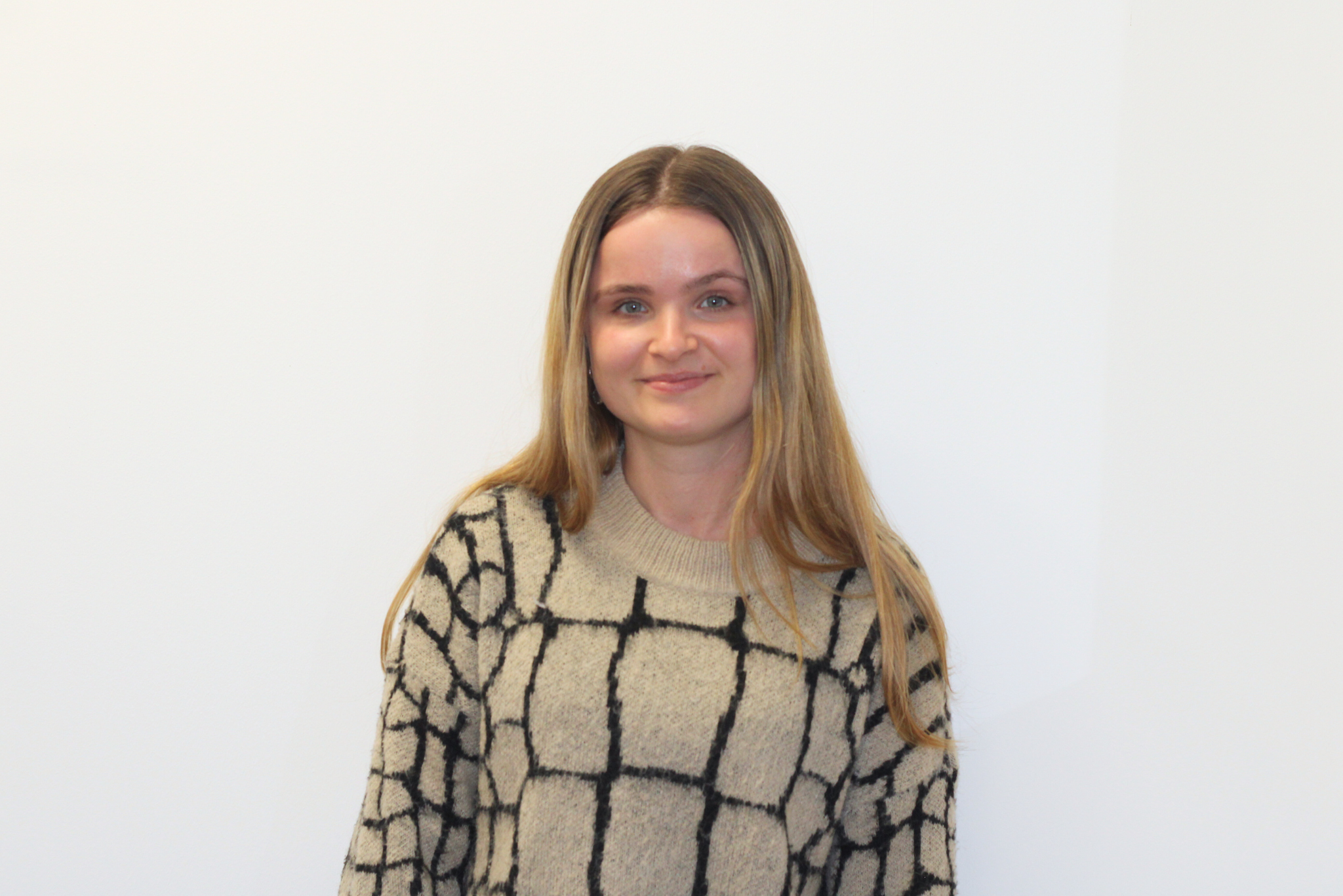CHiP-D Study
Sleep And Circadian Health Disturbances In Psychosis And Depression: The Cascading Impacts Of Impairments In Cognitive Control
What is the study about?
Sleep is essential for our mental and physical health. A growing body of research highlights its crucial role ranging from memory consolidation to emotional regulation. Despite this, the relationship between sleep and our emotions remains only partially understood. While we know that poor sleep can negatively affect our mood, stress levels, and cognition, many questions remain unanswered.
This project sets out to investigate how sleep patterns and circadian changes influence our emotional and cognitive wellbeing. To explore this, data will be gathered from healthy, shift working and clinical populations in real-world settings that reflect typical routines and environments. This allows us to gain insights that are applicable to everyday life. By looking at the interplay between sleep, circadian rhythms, cognition, and emotions, we hope to build a more comprehensive picture of how these elements are connected.
What is involved?
If you choose to participate, for 2 weeks during each of the 4 seasons (spring, summer, autumn, and winter), you will:
Wear an actigraph (a small watch-like device) to track your sleep patterns and physical activity along with a light sensor (a small button-like device) to track your light exposure
Fill in short daily diaries and questionnaires on your smartphone
Provide saliva samples on 3 days at home to help understand your sleep-wake timings
At the end of each 2 week period, you will be invited to have a brain scan. The scans use safe techniques and help understand how sleep impacts brain structures.
You will be rewarded for your time. You will receive up to £210 in vouchers and a summary sleep report upon valid seasonal participation and completion of the study activities.
Who can take part in the study?
You may take part in the study if you are between the ages of 18 to 55 years old and you are from either of the following 3 groups:
A standard hours daytime worker (i.e. fixed work schedules inclusive of 9am to 5pm) with no sleep/affective disorder or personal/family history of psychosis or depressive symptoms
A non-standard hours shift worker (i.e. variable work schedule outside of 9am to 5pm) with no sleep/affective disorder or personal/family history of psychosis or depressive symptoms
A DSM-5 diagnosis of schizophrenia, schizophreniform disorder or major depressive disorder with onset in the last 10 years and stable on current treatment with no more than 2 antipsychotic or antidepressant medications for at least 3 months
Recruitment for the study is now underway. As of October 2025, we are recruiting healthy volunteers to take part. This page will be updated once the recruitment of participants for other groups is live.
Interested in participating or want more information?
If you are interested in participating or would like more information about the study, please email our research team at chip-d@kmms.ac.uk.
We have also gathered the most common questions and answers about the study, please see our frequently asked questions.
You can now click here or click the button below to register your interest in the study.
Newsletter
Join the CHiP-D Study Newsletter
Sign up to the CHIP-D Study Newsletter below to keep up to date with the study’s progress.
CHiP-D Study Newsletter Archive


























